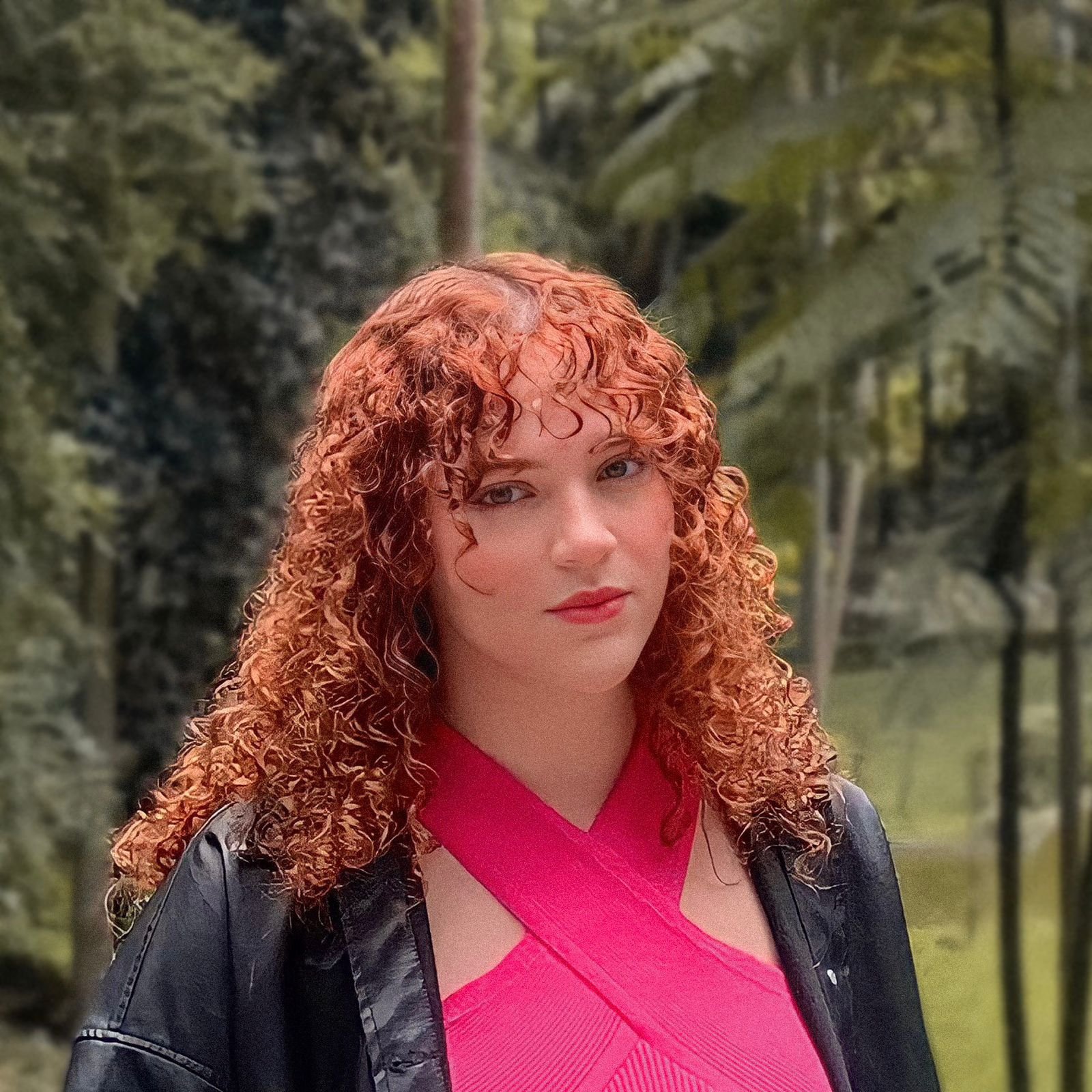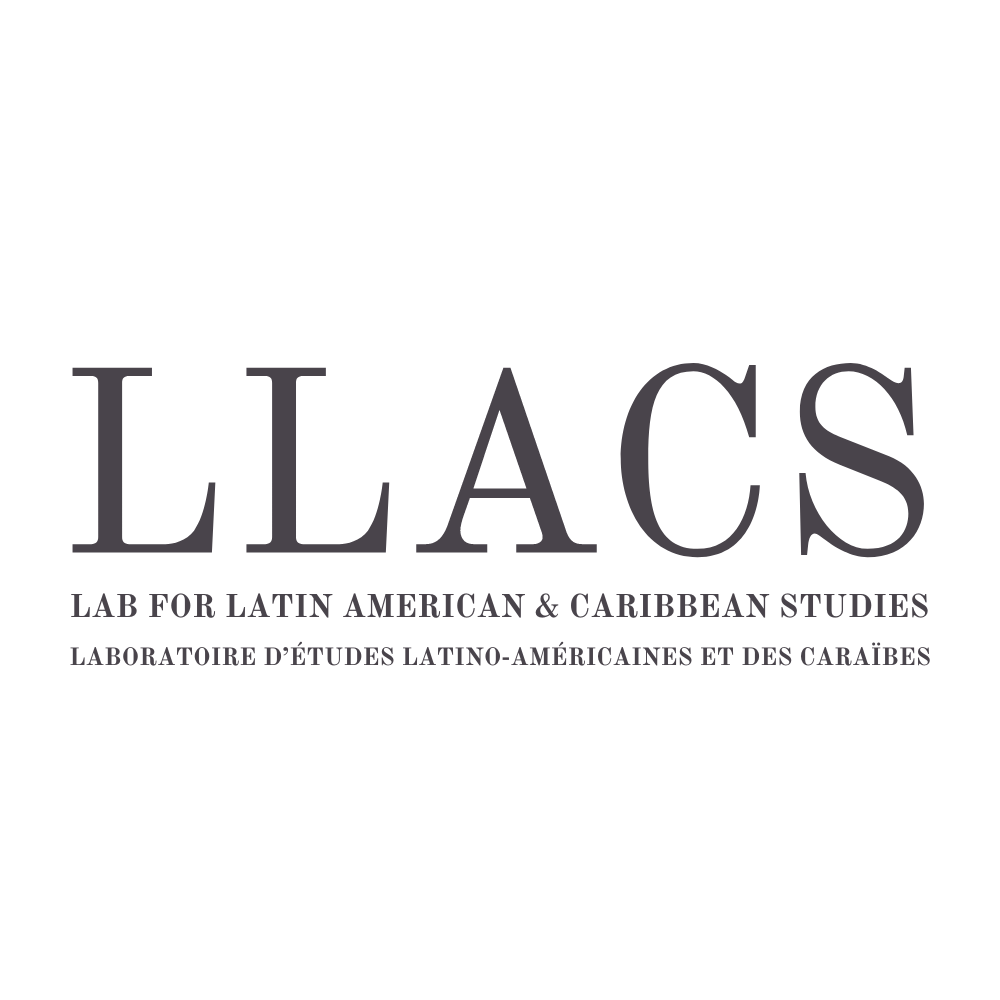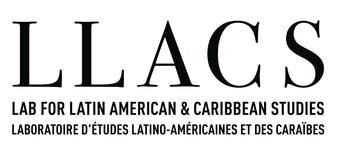
Informal Cities Working Group
About us
The Informal Cities Working Group is promoted by the Center for Interdisciplinary Studies in Society and Culture (CISSC) from Concordia University.
The Informal Cities Working Group brings together faculty and students from anthropology, geography, history, political science, and sociology, to generate an interdisciplinary understanding of the role of the informal in the survival and development of the built and the lived city in Latin America and the Caribbean.
Definition
“The informal has long been defined – academically and practically – as being the opposite of the formal and acceptable. Informal activities are considered to be those taking place outside of the official rules and regulations of government, public administration, politics, and markets, and outside of dominant cultural practices. They are also thought to require reform through state action to include their practitioners in (and eliminate their activities from) the modern city. While recent critiques argue for an understanding of the informal as a legitimate form of practice inextricably entwined with the formal, policy makers and administrators continue to ignore/eradicate the informal practices and knowledge of low income communities.
Working group members have variously studied the structures and interactions of the informal, focusing on governance, markets, labour, settlements, infrastructural development, health care, disaster response, and cultural practices. The group seeks to integrate these different topical and disciplinary bases of knowledge into a holistic discussion of urban informality.”
Meet the Team
-

Tina Hilgers, PhD
ORGANIZER
POLITICAL SCIENCE - CONCORDIA UNIVERSITY
Formal/informal/illicit approaches to mundane and critical events in low-income communities in Brazil, Jamaica, and Colombia.
-

João Roque da Silva Júnior
COORDINATOR
MA POLITICAL SCIENCE - CONCORDIA UNIVERSITY
How creative workers are resisting the dominance of digital cultural production platforms.
-

James Freeman
GEOGRAPHY - CONCORDIA UNIVERSITY
Politics of informal construction, use, and governance of space in the favelas of Brazil.
-

Kevin Gould
GEOGRAPHY - CONCORDIA UNIVERSITY
Assembly of land markets through entangled formal and informal processes in Guatemala.
-

Kregg Hetherington
ANTHROPOLOGY/ETHNOGRAPHY LAB - CONCORDIA UNIVERSITY
Clash of formal/informal, bureaucratic/activist practices and ideas about the governance of agriculture in Paraguay.
-

Omar Adrián Nuño Íñiguez
MSc GEOGRAPHY
Interactions between formal/informal disaster response and reconstruction practices in post-earthquake Southern Chile.
-

Nora Jaffary
HISTORY - CONCORDIA UNIVERSITY
PClash of formal/dominant vs. informal/illegal medical and religious practices in colonial and post-colonial Mexico.
-

Greg Labrosse
PhD HUMANITIES - CONCORDIA UNIVERSITY
Informal production of urban cultural space in low-income communities in Colombia.
-

Luis Londoño
PhD HISTORY
Formal and informal justice and punishment in the history of murder and emotions in 19th century Mexico.
-

Jean François Mayer
POLITICAL SCIENCE - CONCORDIA UNIVERSITY
Consequences of, and resistance to, precariousness and violence in informal work in Brazil, Jamaica, and Colombia.
-

Rubens Lima Moraes
POLITICAL SCIENCE - CONCORDIA UNIVERSITY
Informal practices of low-income activists marginalized in participatory water management institutions in Brazil.
-

Camila Patiño Sanchez
PhD ANTHROPOLOGY
Informal electricity and water infrastructure projects in urban and peri-urban settlements in Colombia.
-

Luisa Seidl
MA POLITICAL SCIENCE - CONCORDIA UNIVERSITY
Informal domestic employees’ resistance to violence in the workplace in Brazil.
-

Cássia Reis Donato
POLITICAL SCIENCE - CONCORDIA UNIVERSITY
-

Elias Ricardo de Oliveira
PhD PUBLIC ADMINISTRATION - FEDERAL UNIVERSITY OF PERNAMBUCO AND CONCORDIA UNIVERSITY
How new management technologies in public security are represented, debated and resisted in contemporary society.
-

Larissa Pimenta Coldibeli
PSYCHOLOGY - FEDERAL UNIVERSITY OF JUIZ DE FORA
Production of mental health care among quilombola women in Brazil, based on the intertwining of gender and race.
-

Nicholas Von Rosk
PhD POLITICAL SCIENCE - CONCORDIA UNIVERSITY
Comparative Politics, democratization and democratic backsliding, populism and nationalism.
-

Pierre-Ricardo Jean-Baptiste
PhD POLITICAL SCIENCE - CONCORDIA UNIVERSITY
Violence and informality in Bolivia and Haiti.
-

Sofia Lazcano-Fafard
POLITICAL SCIENCE - CONCORDIA UNIVERSITY
Political Science with History Minor/ Interest: Art, Literature, Travel, Photo/Videography and editing.
-

Estefania Perez
POLITICAL SCIENCE - CONCORDIA UNIVERSITY
Informal approaches to intermediating international migration in Brazil.
-

Sreelakshmi Ramachandran
URBAN MOBILITY - CONCORDIA UNIVERSITY
Urban transport and mobility in Indian cities and other developing countries.
-

Beatriz da Silva Takahashi
ARCHITECTURE - MCGILL UNIVERSITY
Intersections between architecture, race, and labor in Brazil
-

Justine Le Gallic
ORNALISM AND POLITICAL SCIENCE - CONCORDIA UNIVERSITY
Processes of democratization, regime changes and the impact of civil society movements.
-

Millena Navega
UFG / CONCORIDA
Examination of the socio-political, economic and security implications of Brazilian Transnational Criminal Organizations in South American cross-border organized crime networks.
-

Edson Edrey de Menezes Sousa
PARAÍBA STATE UNIVERSITY
International Relations, Political Science, Foreing Affairs
Former members
Kathy Meilleur - AISK
Audrey-Anne Doyle - Program Officer at Canadian Heritage
Annele Bernal - Mexican Government
Gustavo Henrique Andrade - MA
Natanael J. Vargas - MA
Carlos Zapata - University of Ottawa
Cecilia Eraso - BA
Laura Sofía Rivera Sánchez - University of Toronto
Henrique Araújo Araugusuku - University of São Paulo
Maria Fernanda Aguilar Lara - University of São Paulo

Key questions
-
#1
What is the informal? Why do researchers need to work with the term “informal”? What function does it have for doing research? For understanding urban practices?
-
#2
How do informal practices structure governance? How are they structured by governance?
-
#3
What role does the informal play in city-building? How does it play into the development of infrastructures – both the hard infrastructures of housing, transportation, water, electricity, etc. and the soft infrastructures of social, knowledge, service, and aid networks?
-
#4
How does informal labour structure urban markets?
-
#5
How do informal activities and practices interact with violence? The institutional and structural violence of state neglect? The violence of inequality and marginalization (race, gender, ethnicity) in the market? The violence of gangs and organized crime?
-
#6
Is the informal a tool of resistance? Or is it something to be resisted?
Activities
Speakers’ series: Hybrid events in the fall and winter semesters with invited speakers in virtual attendance
Reading group: Meetings in the fall and winter semesters to discuss issues in the literature
Workshop: Year-end meeting with a keynote speaker and with discussion of student and faculty work in progress.



